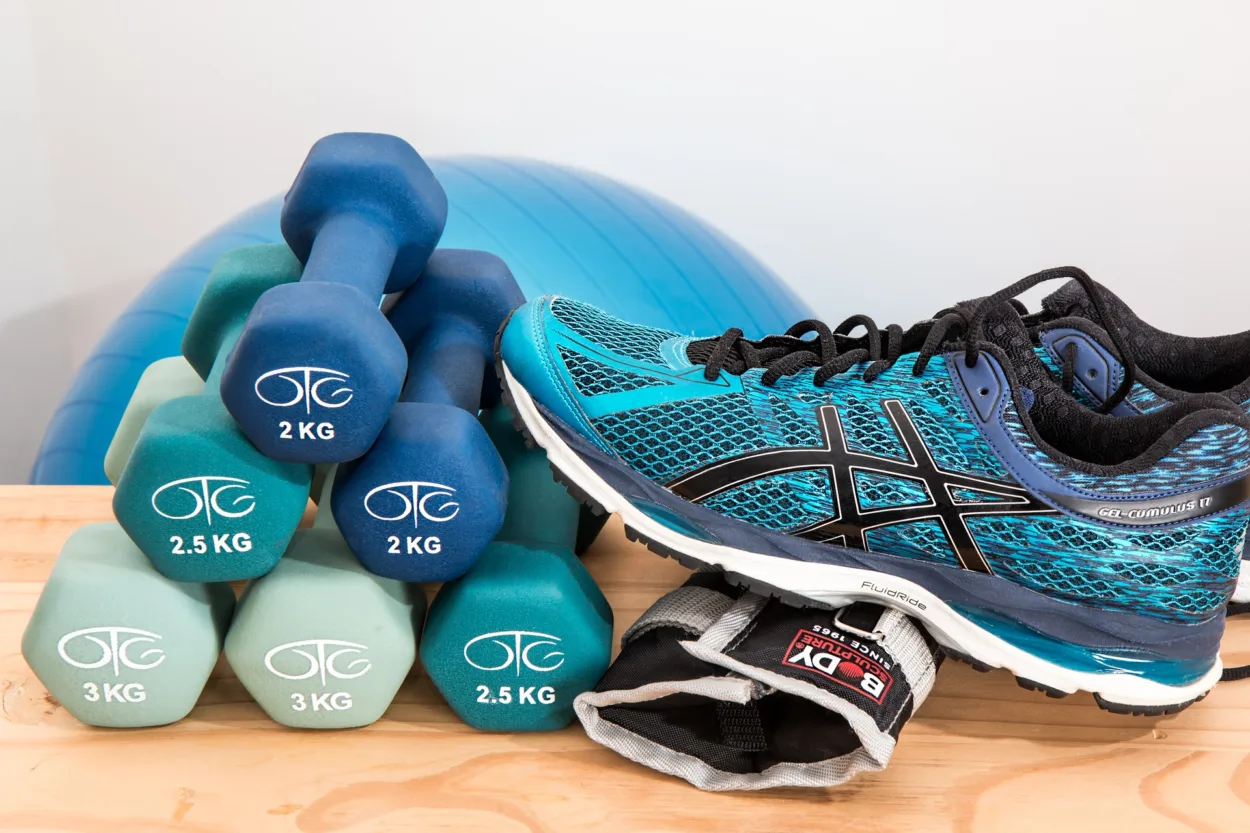
If you ask most teens and young adults about their favorite season, they would probably say summer. After all, summer is the season when most kids are out of school and enjoy days of playing, reading, relaxing, and spending time with friends. As fun as it sounds, having a schedule is one of the most important healthy habits for young adults. Learning how to make and stick to a schedule will help teenagers transition to adulthood successfully. For those in recovery, a schedule can help them succeed during each step of their progress.
Creating a Basic Schedule
Teens are often overwhelmed by everything that they do every day – and it is no wonder! Between school, homework, and chores there can be little time left for meals and sleep. Having a schedule will help teens organize their time successfully. Begin by making a list of things that every day should ideally include. This might include:
- Getting ready for school
- Eating breakfast, lunch, and dinner
- Going to school
- Homework and studying
- Chores
- Working
- Relaxing or enjoying hobbies
- Winding down before bed
Each young adult will have a slightly different approach to all these daily activities. For instance, some kids will spend a lot of time getting ready for school while others will simply shower and eat breakfast. Identifying the activities that need to be done each day is the first step towards developing a working schedule. As you make your list, you might discover that certain things do not need to be done every day; every other day or a few days a week may be often enough to accomplish necessary and desired goals.
Determining Time Needed
Next, it is helpful to determine a realistic amount of time for each necessary task. As a mock schedule is made, you may discover that there is simply not enough time to dedicate an hour to each task; therefore, certain reductions will have to be made. For instance, the time available before school starts is usually at a premium; it might be necessary to spend less time getting ready.
When time is allocated to a task, it is important that as much focus as possible be given to that specific task. An hour set aside for studying should not be divided between homework and chatting online with friends. Not only will studying be more effective, but all the homework tasks that need to be accomplished are much more likely to get done. Focus and discipline is required; a schedule is a good way to explore these skills and begin to develop them in a meaningful way. Work with your teen as they learn and explore just how timing works for them. Helping them set up a working schedule will allow for time management growth.
Choosing Priorities and Making Sacrifices
People are inevitably faced with time-management decisions; this is as true for adults as it is for teens. Identifying the most important goals will help teens make wise decisions about their time. For teens in recovery this is where the rubber meets the road. Writing old habits out of a schedule can help avoid relapse. Learning pitfalls and planning other activities can help make recovery a priority. Finding new activities that positively reinforce their passions can help strengthen a teen’s recovery process. Choosing to prioritize community art classes over spending time at old haunts can help your teen find balance.
Sitting down and working through schedule-making with your teen can help make their transitions in life easier. Be sure to enforce aspects like completing school work or bedtime, but allow for flexibility when positive events arise.
If you feel that you and your teen need more support in recovery, Rehab After Work/Rehab After School has flexible outpatient drug and alcohol counseling. Our programs can help your teen stay on track in recovery. Contact us to learn more.






